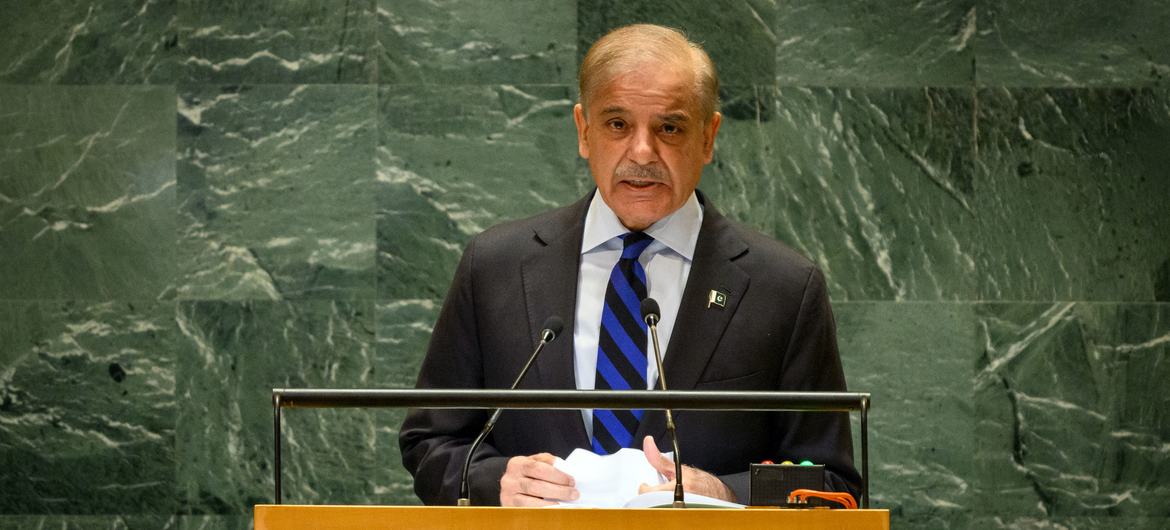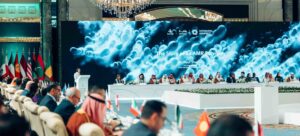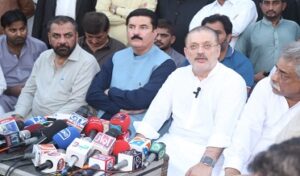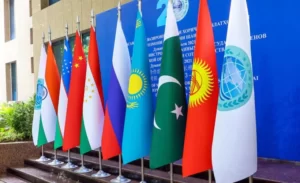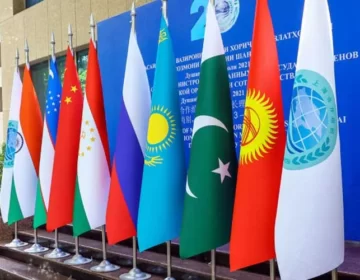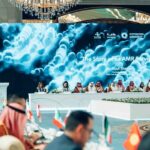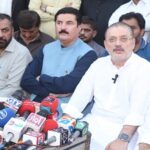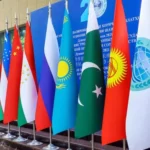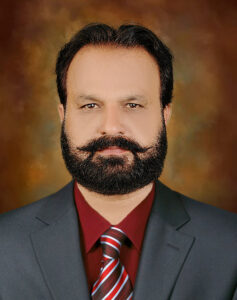
By Muhammad Ayub
In his address to the UN General Assembly on Friday, Pakistan’s Prime Minister Muhammad Shehbaz Sharif warned that the world is facing significant challenges, including conflict, terrorism, and climate change, which contribute to the “chill of a new Cold War.” He expressed deep sorrow for the suffering of the people in Gaza, saying, “Our hearts bleed as we witness the unfolding tragedy in the Holy Land, a situation that shakes the very conscience of humanity.”
Sharif questioned how humanity can remain silent while children are trapped under rubble and mothers grieve their lost children, describing the situation as a “systematic slaughter of innocent people.” He called for more than just condemnation, urging immediate action towards a two-state solution based on pre-1967 borders and full UN membership for Palestine, warning that without this, the ongoing conflict could escalate into a wider war with dire consequences.
Drawing parallels to the struggles in Jammu and Kashmir, he highlighted the long fight for freedom and self-determination faced by its people. Since August 5, 2019, he accused India of implementing “unilateral illegal measures” in the region, with 900,000 troops enforcing curfews and committing human rights violations.
Addressing climate change, Sharif noted that while Pakistan contributes less than one percent of global carbon emissions, it has suffered severe consequences, including $30 billion in damages from catastrophic floods two years ago. He asserted, “We must uphold the axiom: the polluter pays!”
Furthermore, he pointed out that nearly 100 developing nations are caught in a “vicious cycle” of debt and liquidity crises, calling it a “death trap” and echoing the Secretary-General’s assessment of the international financial system as “morally bankrupt.” He urged the need for reform in global trade and technology to foster development and equity, concluding with a message of hope: that the weak will be heard, the oppressed will not lose hope, and justice and equality must prevail in our shared world.
